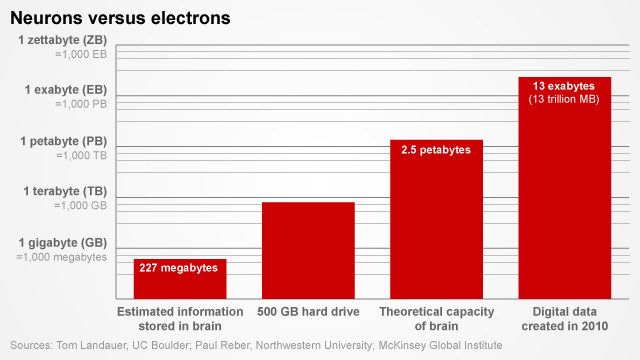
When web surfers aren’t busy calling each other Nazis on forums, they’re often cracking jokes about greeting their future robotic overlords with open arms. It won’t be funny forever; the groundwork for our eventual demise is already being laid by the best minds in the land. IBM announced that it had created prototype cognitive chips modeled after the human brain almost a year ago, and today, Reuters reported that Intel is launching a research project in Israel dedicated to creating smart tech that can learn the habits of its users. (That way, SkyNet will know the best time to strike.)…



